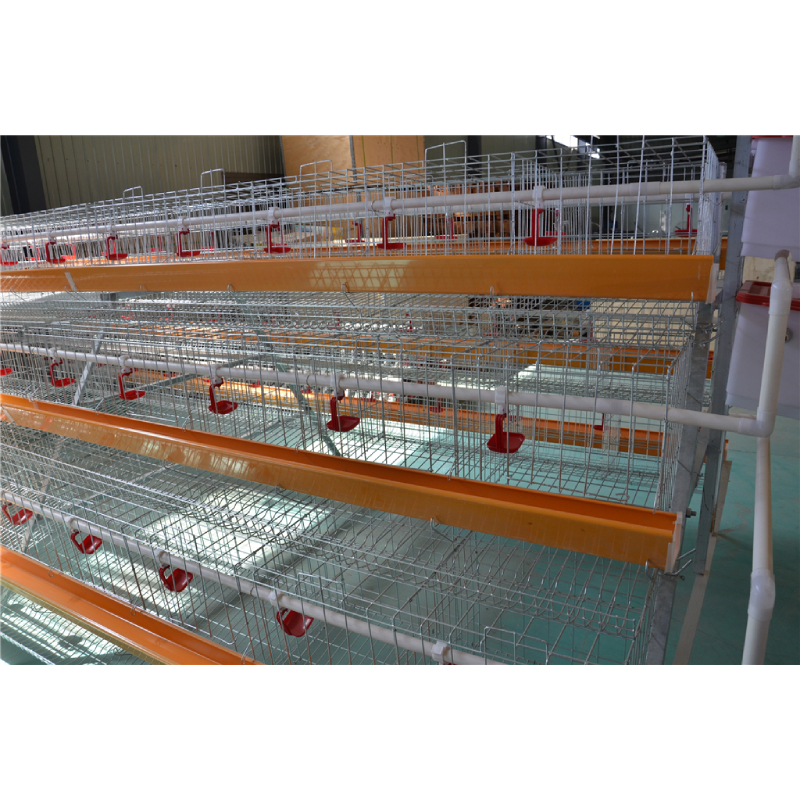exhaust fan
Dec . 04, 2024 09:56 Back to list
exhaust fan
The Importance of Exhaust Fans in Modern Ventilation Systems
In today's fast-paced world, where efficiency and comfort are paramount, exhaust fans have become an indispensable element in residential and commercial ventilation systems. Often overlooked, these simple devices play a crucial role in improving indoor air quality, enhancing comfort, and promoting the overall efficiency of HVAC systems.
What is an Exhaust Fan?
An exhaust fan is a mechanical device designed to expel stale air, moisture, and odors from a specified area, typically kitchens, bathrooms, or industrial settings. By removing unwanted air from a space, exhaust fans help to maintain a comfortable environment and prevent the accumulation of harmful pollutants. These fans are essential in controlling humidity levels, reducing the risk of mold growth, and ensuring the longevity of building materials.
Key Benefits of Exhaust Fans
1. Improved Indoor Air Quality One of the primary benefits of exhaust fans is their ability to significantly improve indoor air quality. By expelling stale air that may contain volatile organic compounds (VOCs), carbon dioxide, and other pollutants, these fans help create a healthier indoor environment. This is particularly important in areas where cooking, cleaning, or bathing takes place, as these activities can introduce harmful substances into the air.
2. Humidity Control Excess humidity can lead to various issues, including mold growth, structural damage, and discomfort. Exhaust fans are effective in managing humidity levels, especially in bathrooms and kitchens, where moisture is often prevalent. By drawing out humid air, these fans help maintain a balanced environment, reducing the likelihood of water damage and promoting overall comfort.
3. Temperature Regulation In many cases, exhaust fans can assist in maintaining comfortable temperatures within a space. For instance, during hot summer months, exhaust fans can be used to expel hot air from the building, allowing cooler outdoor air to enter. This passive cooling effect can reduce reliance on air conditioning systems, thereby lowering energy costs.
4. Odor Removal Cooking odors, pet smells, and other unwanted scents can linger in indoor spaces, detracting from comfort. Exhaust fans are an effective solution for odor elimination, especially in kitchens and bathrooms, where smells may be more concentrated. By continuously replacing stale air with fresh air, these fans help ensure a pleasant living atmosphere.
exhaust fan

5. Energy Efficiency Modern exhaust fans are designed to be energy-efficient, using less power while providing optimal performance. When integrated into a comprehensive ventilation system, they can enhance overall energy efficiency by reducing the load on heating and cooling systems. Furthermore, strategic use of exhaust fans can decrease the need for artificial climate control, resulting in lower energy bills.
Choosing the Right Exhaust Fan
When selecting an exhaust fan, several factors should be considered to ensure optimal performance and efficiency
- Size and Capacity It is essential to choose an exhaust fan that is appropriately sized for the area in which it will be installed. The fan's capacity, measured in cubic feet per minute (CFM), should match the volume of air that needs to be exchanged. A fan that is too small will not adequately ventilate a space, while an oversized fan may lead to excessive energy consumption.
- Noise Level The noise produced by an exhaust fan can be a significant concern, particularly in residential settings. Look for fans designed with noise-reduction features, such as insulated housings and quiet motors.
- Energy Efficiency Ratings Before making a purchase, consider examining the energy efficiency ratings of different models. Fans with higher efficiency ratings can help save money on energy costs in the long run.
- Special Features Some exhaust fans come equipped with additional features, such as built-in timers, humidity sensors, and variable speed controls. These can enhance usability and efficiency, making the fan more adaptable to changing needs.
Conclusion
Exhaust fans are crucial for ensuring a healthy and comfortable indoor environment. By improving air quality, controlling humidity, regulating temperature, and removing odors, they play a significant role in modern ventilation systems. When selecting the right exhaust fan, it is essential to consider size, capacity, noise levels, and energy efficiency. With the proper installation and maintenance, exhaust fans can contribute significantly to a healthier and more comfortable space, ultimately enhancing the quality of life for occupants.
-
Automatic Feeding Line System-Pan Feeder Nipple Drinker|Anping County Yize Metal Products Co., Ltd.
NewsJul.29,2025
-
Hot Sale 24 & 18 Door Rabbit Cages - Premium Breeding Solutions
NewsJul.25,2025
-
Automatic Feeding Line System Pan Feeder Nipple Drinker - Anping County Yize Metal Products Co., Ltd.
NewsJul.21,2025
-
Automatic Feeding Line System Pan Feeder Nipple Drinker - Anping County Yize Metal Products Co., Ltd.
NewsJul.21,2025
-
Automatic Feeding Line System - Anping Yize | Precision & Nipple
NewsJul.21,2025
-
Automatic Feeding Line System - Anping Yize | Precision & Nipple
NewsJul.21,2025






